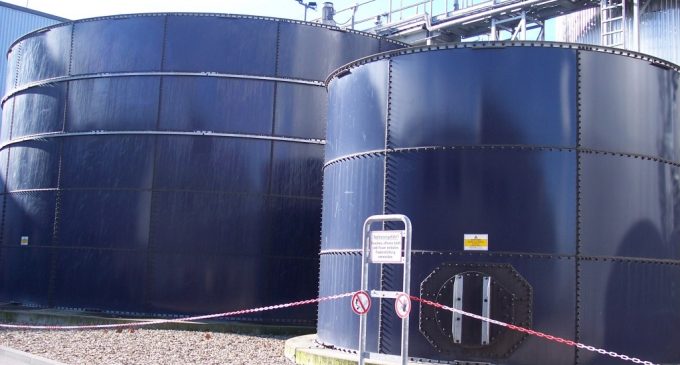AD Continues to Drive UK Organics Recycling Sector Growth

Anaerobic digestion (AD) continues to drive growth in the UK organics recycling industry, according to the latest sector survey (ASORI), published by WRAP.
WRAP’s comprehensive study of the sector for the calendar year 2012 shows significant growth in the number of operational AD sites. The total input of organic waste processed via AD increased to 1.69 million tonnes in the calendar year 2012. Over half of the sites surveyed had begun operation in the period since the last survey, which covered 2010. The research also shows that the largest source of non-agricultural feedstock to AD is food waste, around a third of which is derived from local authority collections.
Composting input volumes also grew with a total contribution of 5.9 million tonnes in 2012, which constitutes a 4% increase on the 2010 survey, on a like-for-like basis. Agriculture and field horticulture continues to be the largest market for compost, taking 2.3 million tonnes of material. Evidence from the survey suggests that sites producing compost to the BSI PAS 100 specification generally achieve a higher price for their outputs than sites which are not.
Ian Wardle, head of Organics and Energy at WRAP, says: “It’s really positive to see continued growth across the sector. The report highlights some great things for the industry particularly around continued growth, improved quality and opportunities to generate higher revenue. The industry has always provided an excellent response to the survey with this year’s being the most comprehensive yet.”
The report was commissioned by WRAP, working in partnership with the Organics Recycling Group (ORG), Anaerobic Digestion and Biogas Association (ADBA), Renewable Energy Association (REA) and the Environmental Services Association (ESA). It is widely recognised as the most definitive picture of the organics recycling industry.

































